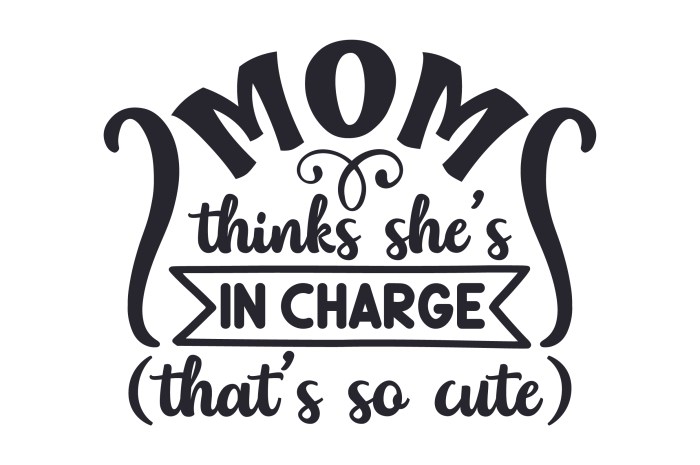Laura thinks she is the boss is an observable statement, a declaration that can be directly observed and verified through objective evidence. This statement holds significant implications, influencing Laura’s interactions with others and potentially leading to consequences in various settings.
Understanding the nature of observable statements and their implications is crucial for effective communication and interpersonal dynamics.
Observable statements are characterized by their ability to be directly observed and measured, providing a factual basis for analysis and interpretation. In contrast, non-observable statements rely on subjective opinions or beliefs, making them difficult to verify objectively.
Observable Statements

Observable statements are statements that describe events or phenomena that can be directly observed and verified through the senses. They are objective and factual, and can be supported by empirical evidence.
Examples of observable statements include:
- The sun is shining.
- The car is red.
- The temperature is 20 degrees Celsius.
Non-observable statements, on the other hand, are statements that cannot be directly observed or verified. They may be subjective, speculative, or based on personal beliefs.
Laura’s Statement as an Observable Statement

The statement “Laura thinks she is the boss” is an observable statement because it describes an event that can be observed and verified. We can observe Laura’s behavior and make inferences about her thoughts and beliefs.
For example, we might observe Laura giving orders to others, making decisions without consulting others, or taking credit for others’ work. These behaviors could be interpreted as evidence that Laura thinks she is the boss.
However, it is important to note that this statement is only observable within a specific context. For example, if Laura is playing a game of pretend, then her behavior may not be indicative of her actual beliefs.
Implications of the Statement

Laura thinking she is the boss can have a number of implications, both positive and negative.
On the positive side, Laura may be more confident and assertive in her role. She may be more likely to take initiative and make decisions, which could benefit her team or organization.
On the negative side, Laura may be more likely to micromanage others, or to ignore the input of others. This could lead to resentment and conflict within the team.
The impact of Laura thinking she is the boss will also depend on the context in which she is operating. In a workplace setting, it may be more important for Laura to be collaborative and inclusive. In a personal relationship, it may be more important for Laura to be respectful and considerate of her partner’s feelings.
Contextualizing the Statement: Laura Thinks She Is The Boss Is An Observable Statement
The context in which Laura’s statement was made is important to consider when interpreting its meaning.
For example, if Laura is a manager who is new to her role, she may be more likely to make statements that reflect her insecurity about her authority. On the other hand, if Laura is a long-time manager who has a proven track record of success, her statement may be more indicative of her confidence in her abilities.
Cultural and social factors can also influence the interpretation of Laura’s statement. In some cultures, it is more common for people to express their authority directly. In other cultures, it is more common for people to be more indirect and subtle in their communication.
Subjective vs. Objective Perspectives

The statement “Laura thinks she is the boss” can be interpreted from both subjective and objective perspectives.
From a subjective perspective, the statement is an opinion about Laura’s thoughts and beliefs. This opinion may be based on the observer’s own experiences with Laura, or on their own personal beliefs about what it means to be a boss.
From an objective perspective, the statement is a description of Laura’s behavior. This description may be based on the observer’s own observations of Laura, or on information from other sources. The observer may not agree with Laura’s assessment of herself, but they can still objectively describe her behavior.
Personal biases and assumptions can play a role in shaping the interpretation of Laura’s statement. For example, an observer who believes that women should not be in leadership positions may be more likely to interpret Laura’s statement as a sign of arrogance.
On the other hand, an observer who believes that women are capable and competent leaders may be more likely to interpret Laura’s statement as a sign of confidence.
FAQ Compilation
What are the key characteristics of observable statements?
Observable statements are directly observable, verifiable through objective evidence, and provide a factual basis for analysis.
How does the statement “Laura thinks she is the boss” demonstrate observability?
This statement can be observed through Laura’s actions, behaviors, and interactions with others, providing evidence of her self-perception.
What are the potential implications of Laura thinking she is the boss?
This perception can influence her relationships, communication patterns, and decision-making, potentially leading to both positive and negative consequences.